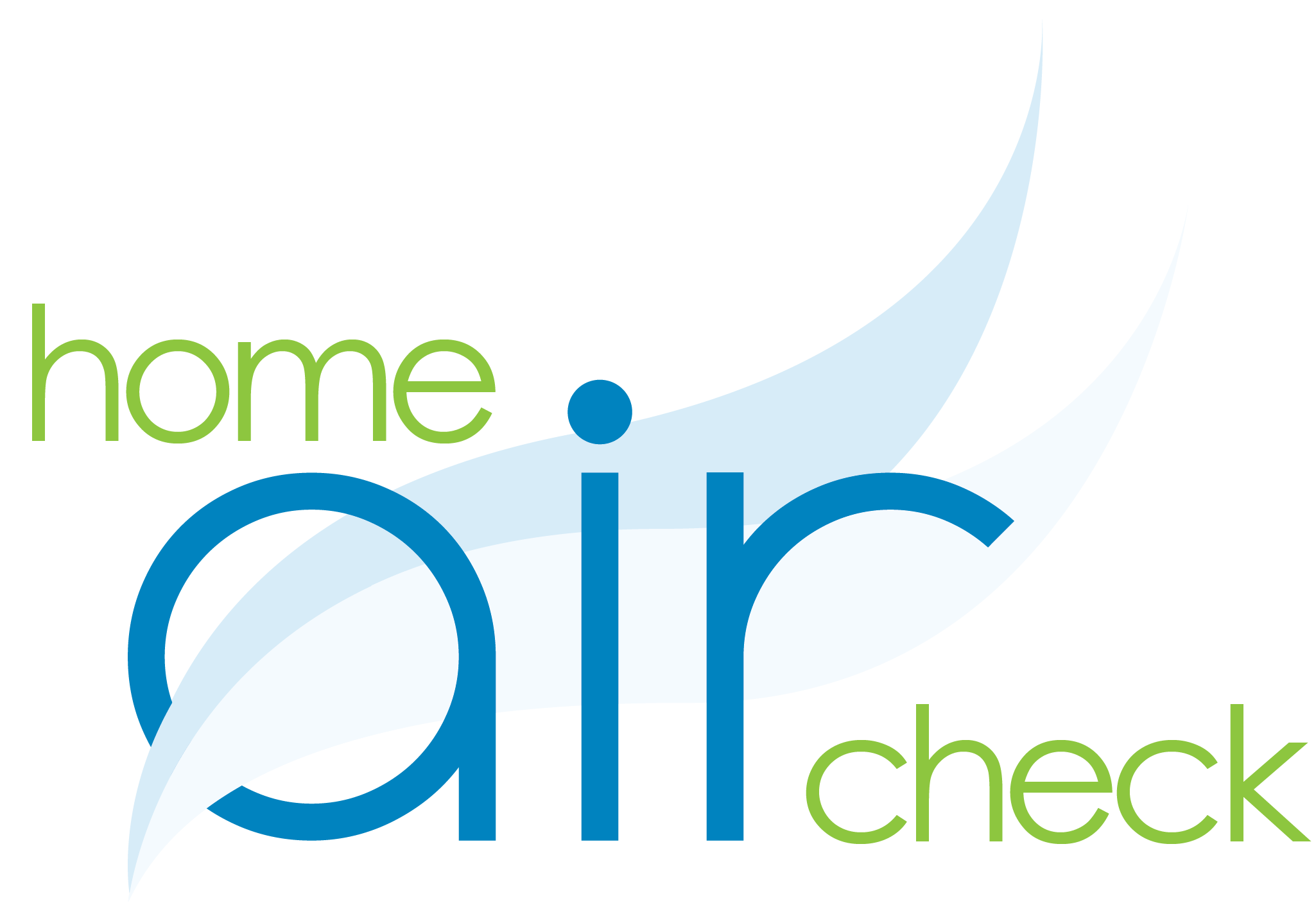How Do Pets Affect Indoor Air Quality?
Pets make great companions! It is estimated that 70% of households in the United States are home to either a dog or a cat. While there are numerous health advantages to owning a pet, animals can adversely affect the indoor air quality of your home. Pets can trigger allergy symptoms and introduce other airborne irritants into your home. This article provides some helpful tips to ensure your indoor air quality stays at a healthy level for you and your pet!
What can you do to keep your indoor air quality healthy
An estimated 10-15% of Americans are allergic to pet dander. While you and your family may not be allergic to your pet, it is important to remember this statistic when you are welcoming guests inside of your home. Pet dander can easily become airborne and it will accumulate on the surfaces of furniture and flooring. Common pet allergy symptoms include: sneezing, watery eyes, rashes, and general respiratory discomfort. Always forewarn guests that your home is pet friendly in advance. Some people allergic to pets can take allergy medication to experience mild or no symptoms when exposed to animal dander. Others may need to decline an invitation in order to avoid triggering allergy and asthma symptoms.
- sneezing
- watery eyes
- rashes
- general respiratory discomfort
Always forewarn guests that your home is pet friendly in advance. Some people allergic to pets can take allergy medication to experience mild or no symptoms when exposed to animal dander. Others may need to decline an invitation in order to avoid triggering allergy and asthma symptoms.
Keep your home clean
Vacuum your home frequently with a HEPA filtered model. Make sure you use your attachments and vacuum the surfaces of sofas and other furniture often. Clean hard surface flooring with a microfiber cloth which will pick up any pet dander that may have accumulated on flooring. Make sure your home has adequate ventilation and change your air filters regularly. Purchase an air purifier for the main living areas in your home.
Bathe your pets regularly
Even if you are not allergic to pet dander, pets that go outdoors can bring in allergens and dirt into your home. Dog hair can attract other indoor allergens like pollen, mold spores, and dust. By bathing your dog regularly, you can reduce the amount of allergens that are introduced into your home air. Brushing your dog daily will also help reduce the amount of dust and allergens that attach to your pet’s coat. Make sure you vacuum the area after brushing your pet.
Let your pets sleep in their own bed
Purchase a comfy pet bed for your dog or cat to sleep in. Studies have shown that people who sleep with their pets get less sleep than those who do not. Pet dander and other allergens attached to your dogs fur and can make their way into your bedding. You will want to keep your bedroom air as healthy as possible in order to get a good night’s sleep.



5 Comments
[…] With pets, you will have a different issue and that is the increase of airborne particles, such as dander and fur, that are invisible to the naked eye. These particles clog the air filtration, ventilation, […]
[…] building. Pets cause a rise in airborne particulates. The HVAC system cycles and distributes their fur and dander in the home. Consequently, these particulates clog and ruin the efficiency of all cooling, heating, […]
[…] high-efficiency vacuum cleaner and the right attachments, you can collect tiny particulates such as pet hair and dander, along with other allergens from your floors, rugs, drapes, upholstery, and other […]
[…] How Do Pets Affect Indoor Air Quality? – Home Air Check […]
[…] Your Indoor Air in Check During Lockdown How Do Pets Affect Indoor Air Quality 6 IAQ Tips To Improve Your Apartment/Condo Air Musty Vs. Moldy Need Help Understanding your […]
Comments are closed.